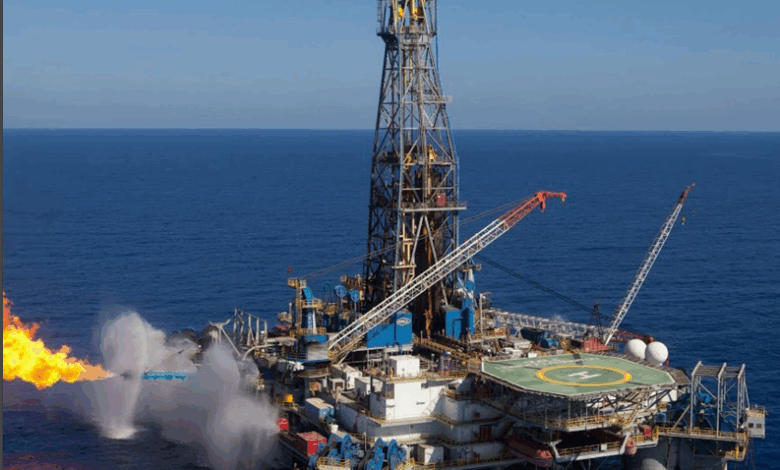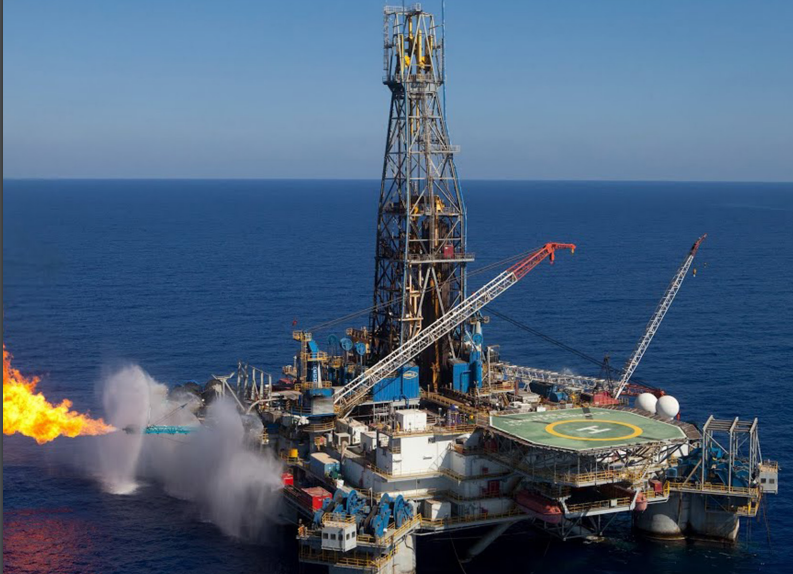Ghana’s petroleum revenues decline in 1st Half of 2025, raising accountability concerns – PIAC report


Ghana continues to rely heavily on petroleum revenues to support its development agenda, with funds from royalties, carried and participating interests, corporate income taxes, surface rentals, and other inflows playing a critical role. These revenues not only finance key infrastructure projects but also serve as a financial buffer through strategic savings.
Currently, production is ongoing in three key oil fields: Jubilee, Tweneboa-Enyenra-Ntomme (TEN), and Sankofa Gye Nyame (SGN). Efforts are underway to ramp up output across these fields, which collectively contribute significantly to Ghana’s oil revenues, largely through the government’s equity participation.
At the core of petroleum revenue oversight is the Public Interest and Accountability Committee (PIAC), established under Section 51 of the Petroleum Revenue Management Act. PIAC is mandated to monitor and report on the management and use of the country’s petroleum revenues.
In line with Section 56 of the Act, PIAC publishes two statutory reports annually — a semi-annual and an annual report. These publications have become a vital tool for promoting transparency and accountability, influencing policy decisions, and empowering citizens through access to credible data. Since its inception, PIAC has issued 27 statutory reports, including the latest — the 2025 Semi-Annual Report, which is the 14th in its semi-annual series.
Covering the period January to June 2025, the report provides an in-depth analysis of petroleum revenue management and includes actionable recommendations aimed at ensuring transparency, accountability, and efficient resource use.
Key Findings
One major concern highlighted in the report is the continued breach of the legal formula for capping the Ghana Stabilisation Fund (GSF). The current cap of US$100 million, retained for 2025, violates Regulation 8 of L.I. 2381, which governs the calculation. According to PIAC, the appropriate cap should have been US$584.22 million, meaning the closing balance of US$122.91 million may prove inadequate in the event of a serious national crisis. This breach has persisted since 2021.
PIAC is urging Parliament to ensure that the Ministry of Finance complies with the provisions of L.I. 2381 to build the GSF to a level that meets its intended purpose of cushioning the economy during downturns.
Additionally, the Ghana National Petroleum Corporation (GNPC) recorded significant declines in both revenue and expenditure in the first half of 2025. The Corporation received US$65.26 million and spent US$59.45 million, representing a 42.91% and 62.42% reduction, respectively, compared to the same period in 2024. These figures mark the lowest mid-year receipts and expenditures by GNPC across all three producing fields since 2017.
Notably, GNPC did not receive any revenue from the TEN Field during the period under review, despite incurring a cost of US$2.45 million to finance its equity obligations in the field.
DISCLAIMER: The Views, Comments, Opinions, Contributions and Statements made by Readers and Contributors on this platform do not necessarily represent the views or policy of Multimedia Group Limited.
DISCLAIMER: The Views, Comments, Opinions, Contributions and Statements made by Readers and Contributors on this platform do not necessarily represent the views or policy of Multimedia Group Limited.
Source link





